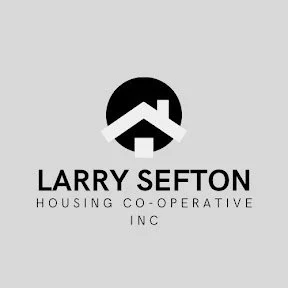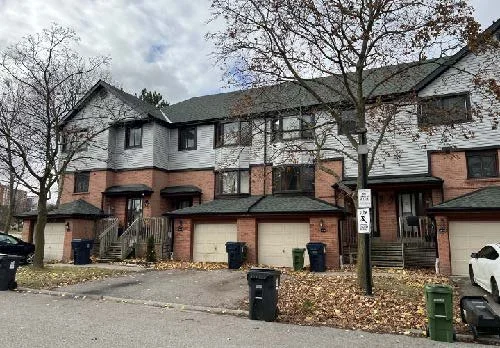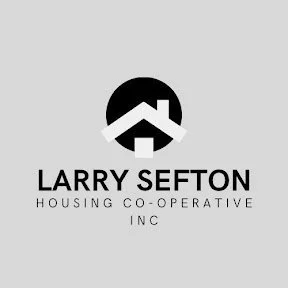Our Vision, In a spirit of generosity, gratitude, and social engagement we provide, maintain, and promote not-for-profit co-operative housing, working together to care for our homes, our land and our community.
Our Mission,
We maintain our community now and for the future through participation, education and commitment to financial and environmental sustainability.
We govern democratically according to the principals and values of the co-operative movement.
We balance concern for the needs of our co-op with those of individual members.
We nurture an inclusive community that is compassionate, caring, safe, and affordable.
Co-operative’s Principals
1. Voluntary and Open MembershipCo-operatives are voluntary organizations, open to all persons able to use their services and willing to accept the responsibilities of membership, without gender, social, racial, political or religious discrimination.2. Democratic Member ControlCo-operatives are democratic organizations controlled by their members, who actively participate in setting their policies and making decisions. Men and women serving as elected representatives are accountable to the membership. In primary co-operatives members have equal voting rights (one member, one vote) and co-operatives at other levels are also organized in a democratic manner.3. Member Economic ParticipationMembers contribute equitably to, and democratically control, the capital of their co-operative. At least part of that capital is usually the common property of the co-operative. . Members allocate surpluses for any or all of the following purposes: developing their co-operative, possibly by setting up reserves, part of which at least would be indivisible; benefiting members in proportion to their transactions with the co-operative; and supporting other activities approved by the membership.4. Autonomy and IndependenceCo-operatives are autonomous, self-help organizations controlled by their members. If they enter to agreements with other organizations, including governments, or raise capital from external sources, they do so on terms that ensure democratic control by their members and maintain their co-operative autonomy.5. Education, Training and InformationCo-operatives provide education and training for their members, elected representatives, managers, and employees so they can contribute effectively to the development of their co-operatives. They inform the general public - particularly young people and opinion leaders - about the nature and benefits of co-operation.6. Co-operation among Co-operativesCo-operatives serve their members most effectively and strengthen the co-operative movement by working together through local, national, regional and international structures.7. Concern for CommunityCo-operatives work for the sustainable development of their communities through policies approved by their members.If you’re looking for more information or have an inquiry regarding Larry Sefton Co-operative Housing, please feel free to contact us!



